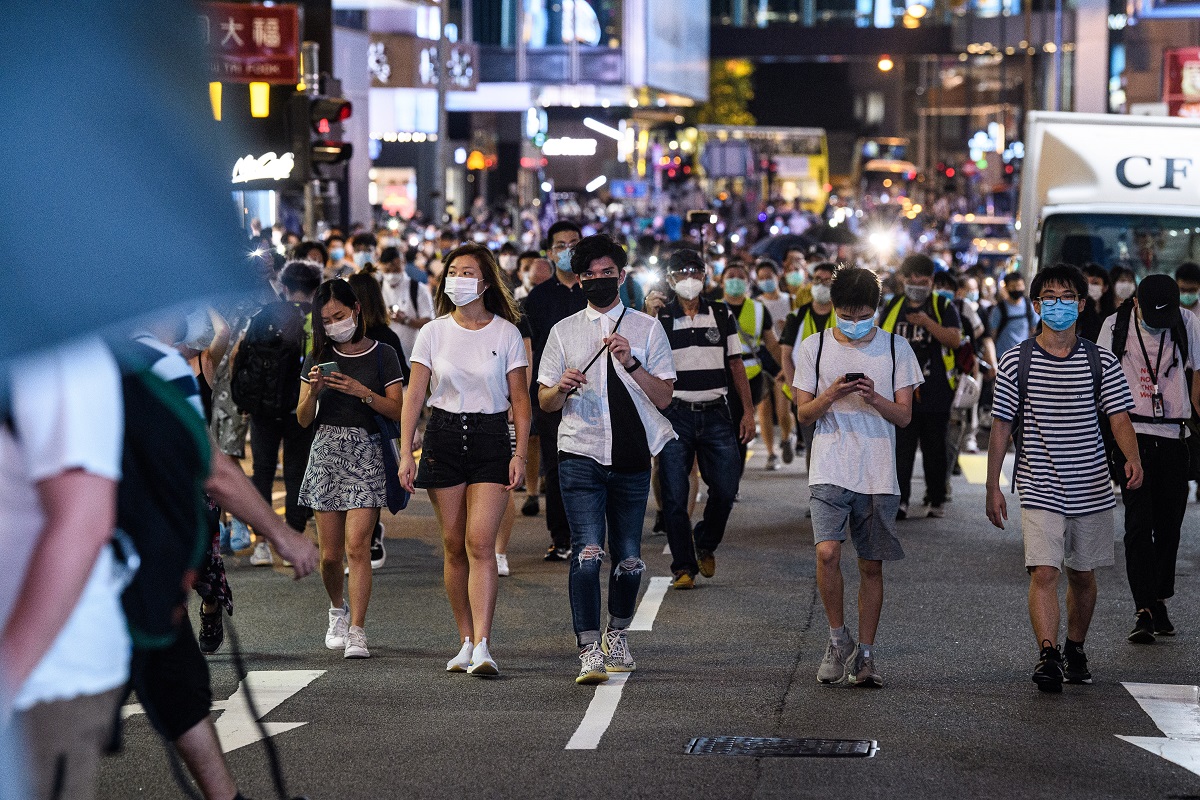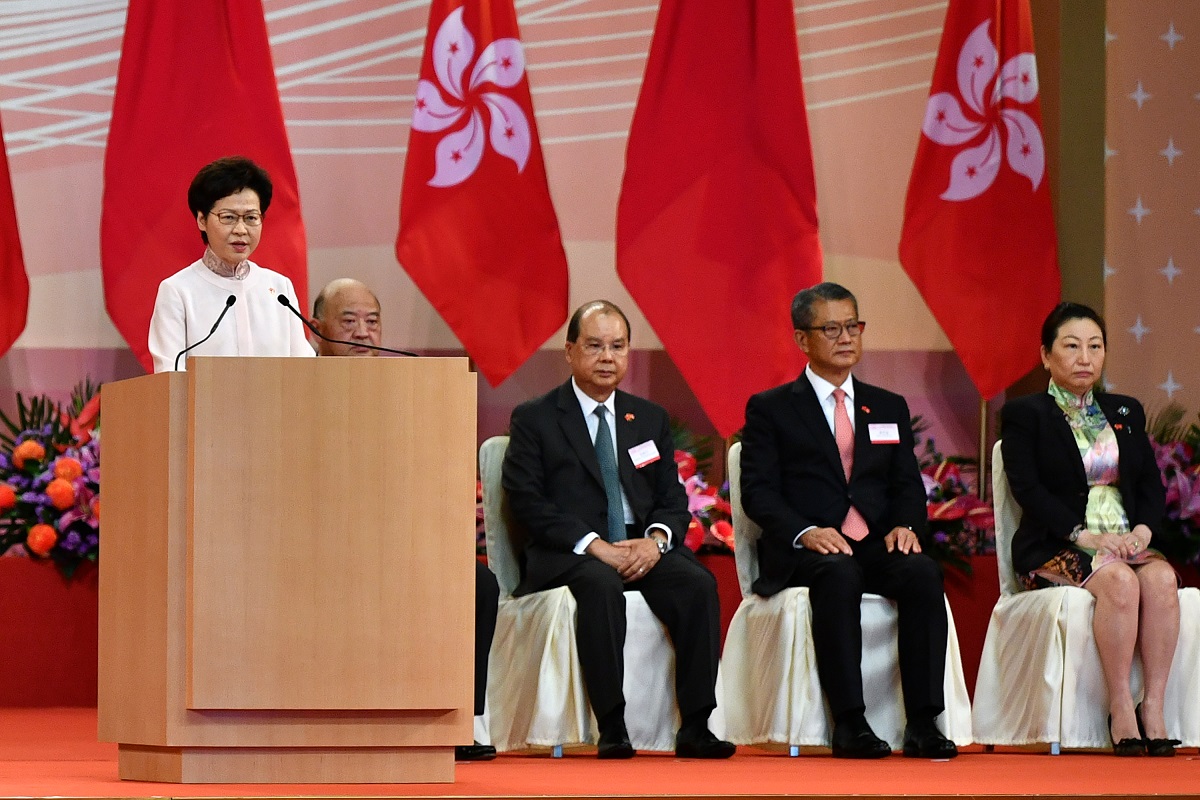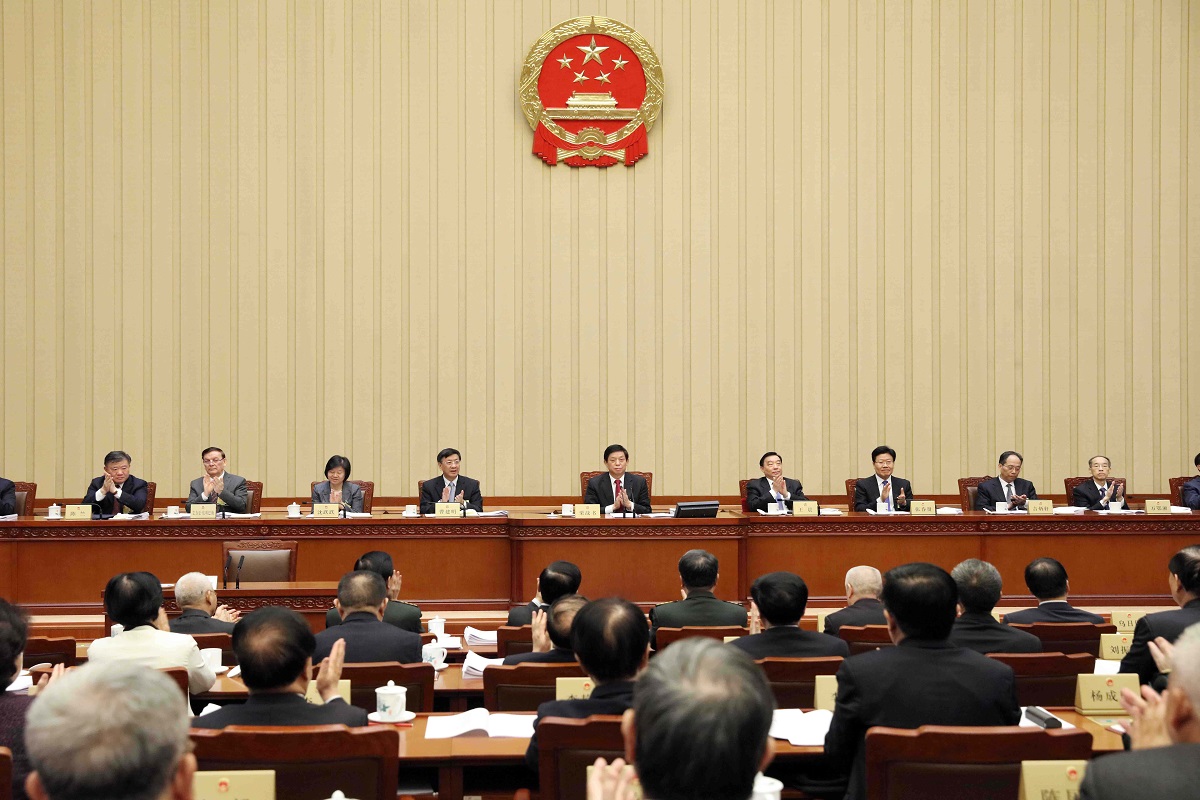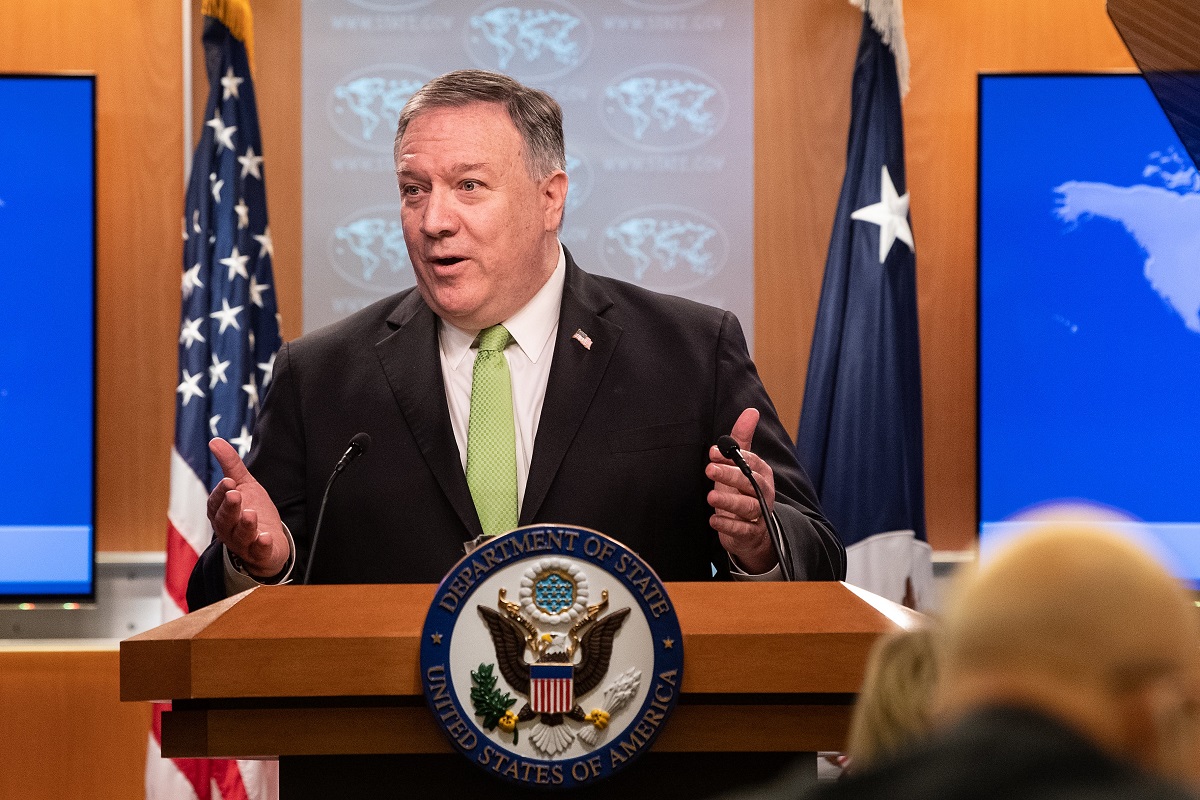Hong Kong new security law sends jitters through city’s feisty press
One provision of the national security law orders authorities to “strengthen the management” of foreign news organisations.

One provision of the national security law orders authorities to “strengthen the management” of foreign news organisations.

Officials insisted there had been wide consultation with members of Hong Kong society and hit back at criticism it was undermining Hong Kong's autonomy.

China will have jurisdiction over "serious" cases and its security agencies will also be able to operate publicly in the city for the first time, unbound by local laws as they carry out their duties.

The law is expected to come into effect on July 1, the 23rd anniversary of the city's handover to China from British rule

China is moving forward on a security law that would enforce punishment over subversion and other perceived offenses in Hong Kong, which saw massive and occasionally destructive pro-democracy protests last year.
The massive violent protests in Hong Kong started last year in June against proposals to allow extradition to mainland China, a move many feared would undermine the city’s judicial independence and endanger dissidents.
As the demonstration gaind momentum, the participants started a fire and blocked some roads in the Tai Ton district, prompting officers to rush to the area soon later at night to disperse the crowd.
The Hong Kong government said in a statement on Thursday that the "degree and extent of violence committed by radical protesters" in the city was "unprecedented".
The 115 people arrested on February 29 comprised 71 men and 44 women, aged 15 to 54.
Protesters threw bricks, stones, bamboo sticks and other hard objects at an officer, who pulled out his gun as he believed his life was in danger, police said.